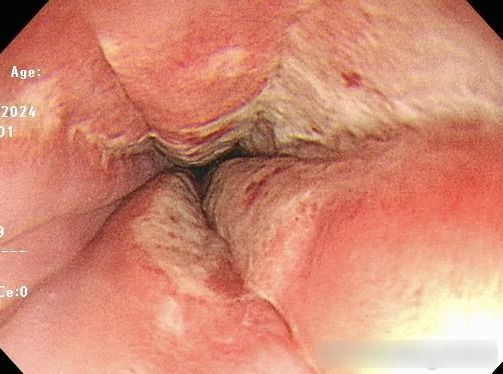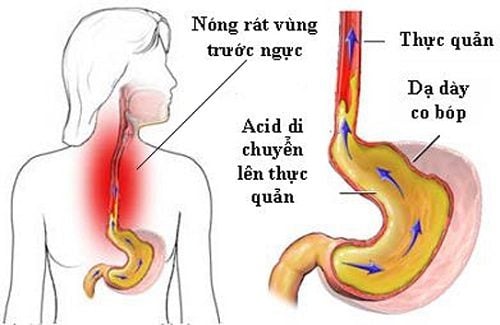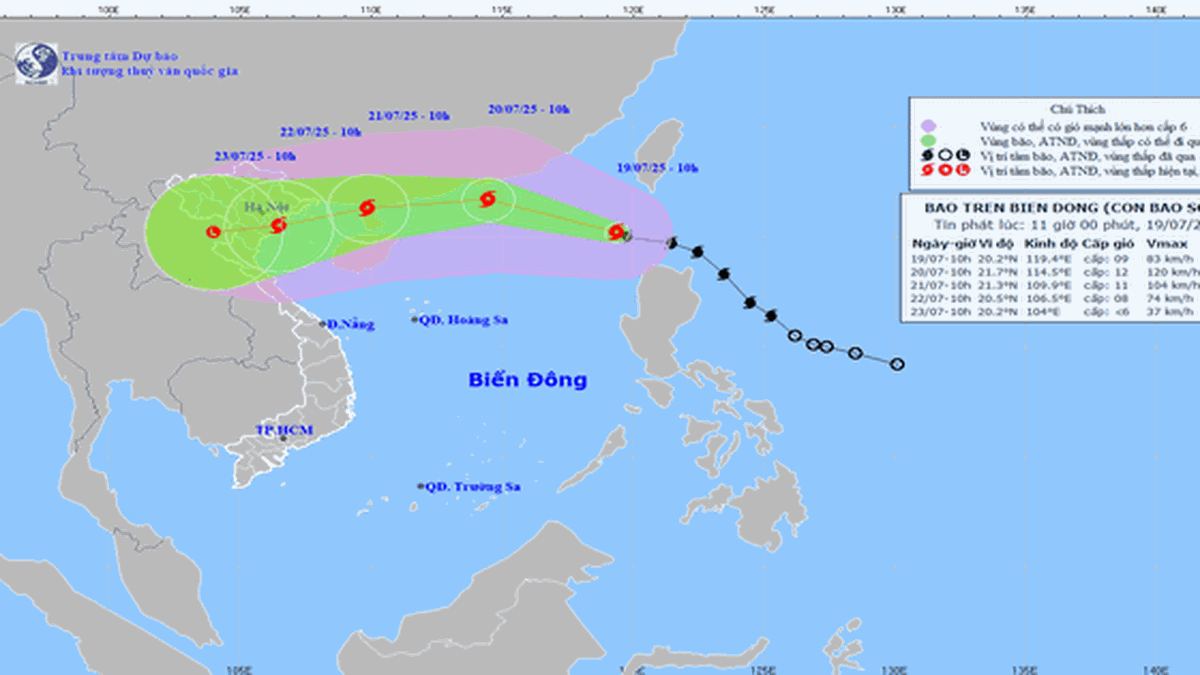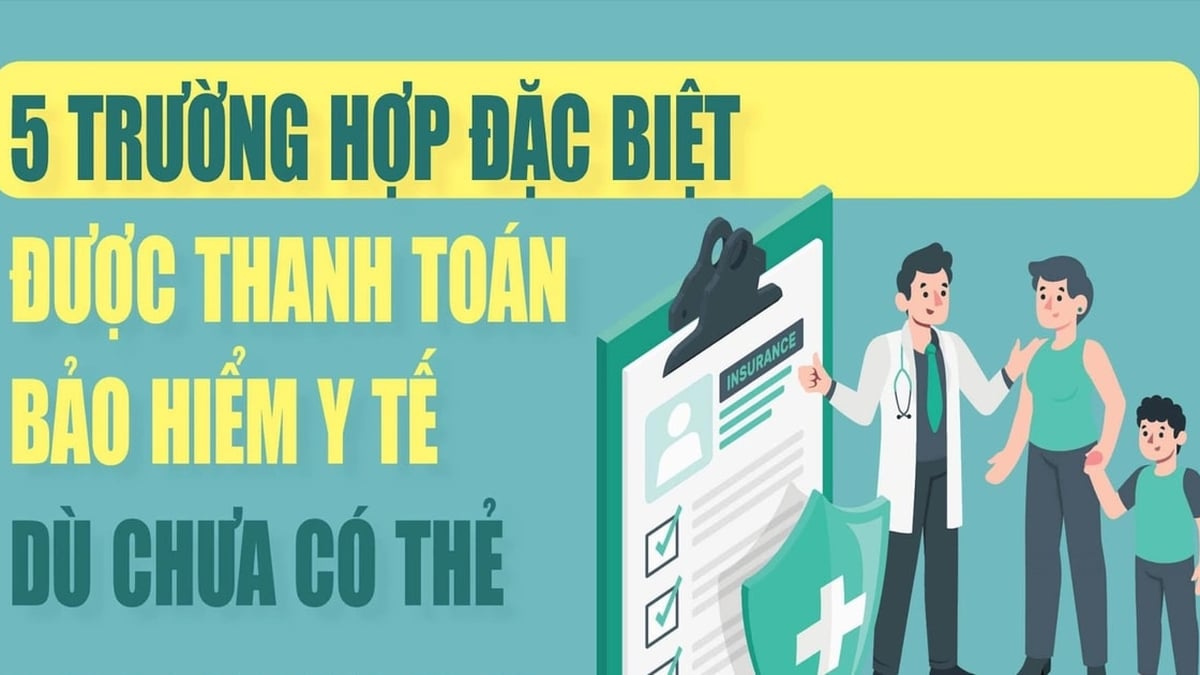GĐXH - The reason why the girl had complete esophageal ulceration was because the medicine stuck to the esophageal mucosa, causing inflammation and esophageal ulceration.
A 30-year-old woman in northern China went to the hospital complaining of difficulty swallowing. At the hospital, doctors performed an esophagoscopy and discovered a “large ulcer” in the middle and lower esophagus.
After taking a detailed medical history, it was discovered that she had recently taken antibiotics. The doctor said that this was a typical case of "drug-induced esophagitis".
Dr. Zhang Jing, a gastroenterologist and hepatologist, pointed out that the main cause of esophageal burns is due to the medicine sticking to the esophageal mucosa, causing esophagitis and even esophageal ulcers . The cause is often due to not drinking enough water when taking medicine, or lying down immediately after taking medicine. This can happen to people of all ages.
After the gastroscopy, in addition to prescribing medication for the patient, he also instructed her on what to pay attention to in her diet to reduce secondary damage caused by esophageal ulcers.

Endoscopic images show a large ulcer in the mid and lower esophagus.
How dangerous is esophageal ulcer?
Esophageal ulcer is a type of ulcer that occurs in the esophagus. Lesions often appear on the mucosal layer in the lower part of the esophagus, where the esophagus and stomach meet, causing the patient to feel uncomfortable and painful.
Symptoms that patients may experience when having esophageal ulcers include: Difficulty swallowing or pain when swallowing, pain behind the sternum, heartburn, chest pain, vomiting blood,...
Esophageal ulcers, if not detected early and treated properly and promptly, can lead to many dangerous complications or even develop into esophageal cancer, threatening the patient's life.
Signs of esophageal ulcers caused by taking medication
The most common symptom of drug-induced esophagitis usually occurs 24 to 48 hours after taking the medication. The patient will have pain behind the sternum and may spread to the back. The pain increases when the patient eats or inhales deeply. Sometimes it may be accompanied by painful swallowing, difficulty swallowing, etc.
However, there are some cases that only manifest as burning sensation behind the sternum and pain in the upper abdomen, similar to the signs of gastric and duodenal ulcers and reflux esophagitis. There are patients who have pain behind the sternum accompanied by pain in the upper abdomen, heartburn, and heartburn up to the neck, so it is easy to mistake it for stomach pain.

Illustration
Causes of esophageal ulcers due to medication
The most common cause of medication-induced esophagitis is improper use of medication:
- Many patients have taken medicine with too little water, some even took medicine without water.
- Take the medicine while lying down or half-sitting, half-lying, then lie down immediately after taking the medicine.
How to prevent esophageal ulcers caused by medication
For drug-induced esophageal ulcers, the main treatment measures for esophageal ulcers are to temporarily stop using drugs suspected of causing esophageal ulcers, and to provide supportive treatment with electrolyte rehydration drugs, anti-gastric acid reflux drugs, and to reduce local pain symptoms with Sucralfate or Lidocaine gel.
- The medicine should be taken with at least 150 ml of water, preferably 250 ml. Take the medicine while standing or sitting upright, avoid lying down immediately after taking the medicine (at least 30 minutes).
- While the patient has an esophageal ulcer, they should eat soft, cool foods (blended soup, milk, porridge) and drink plenty of warm water.
Most esophageal ulcers heal within 2 to 4 weeks of treatment.
Source: https://giadinh.suckhoedoisong.vn/nguoi-phu-nu-30-tuoi-bi-loet-hoan-toan-thuc-quan-vi-mot-sai-lam-nhieu-nguoi-viet-mac-phai-khi-uong-thuoc-172250102151609496.htm




































































































Comment (0)